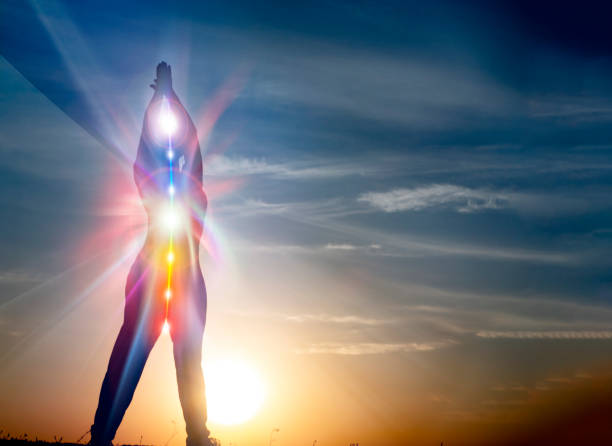The Subtle Emergence of Slow Living in a Fast-Paced Society
"Slow down, you move too fast," sang Simon and Garfunkel in the 60s, a mantra that holds more relevance today than ever before. As we tread the chaotic lanes of modern life, a contrasting trend is quietly taking root - the practice of slow living. Read below to delve into this fascinating cultural shift.

Background: Understanding Slow Living
Slow living, a movement that encourages a slower pace of life, isn’t new. It arose in Italy during the 1980s as a protest against fast food chains, advocating for traditional food production methods. Dubbed the ‘Slow Food Movement,’ it sparked a broader cultural shift towards slowness across various aspects of life.
The philosophy of slow living is centered around mindfulness and intentionality, promoting slower, more conscious choices. It encourages living in harmony with natural rhythms, valuing quality over quantity, fostering deeper connections, and prioritizing personal well-being.
The Pace of Modern Society: Why Slow Living Matters
Our current society is characterized by a frantic pace. Technology, while advantageous, has blurred work-life boundaries, leading to burnout and stress. Moreover, constant digital connectivity and the culture of instant gratification have resulted in diminished attention spans and a detachment from the natural world.
In this context, slow living provides a counter-narrative. It encourages individuals to pause, reflect, and make mindful decisions. By fostering a deeper appreciation for the present moment and the world around us, slow living offers an antidote to the stress and disconnection endemic in modern society.
Slow Living Today: Current Trends and Insights
Today, slow living is gaining attention as a holistic approach to navigate the complexities of modern life. It is becoming evident in various societal trends, from slow travel and slow fashion to slow food and slow technology.
Slow travel encourages extended stays and immersive experiences, promoting a deeper understanding of local cultures. Slow fashion rejects the fast-fashion model, advocating for sustainable and ethically-produced clothing. The slow food movement continues to thrive, promoting local cuisines and sustainable food production. Lastly, slow technology encourages mindful usage of tech devices, promoting digital well-being.
The Future of Slow Living: Societal Implications and Significance
Slow living has the potential to reshape society in significant ways. It encourages sustainable practices, fostering a greater respect for the environment. By promoting mindful technology use, it can help mitigate digital burnout and foster healthier online habits.
Moreover, slow living promotes community engagement and fosters deeper interpersonal connections. It encourages people to invest time in relationships and community activities, strengthening social bonds.
In conclusion, slow living isn’t just a trend, but a paradigm shift towards a more mindful, fulfilling, and sustainable way of life. It offers a compelling alternative to the frantic pace of modern society, encouraging us to slow down, live intentionally, and cherish the moments that truly matter.




